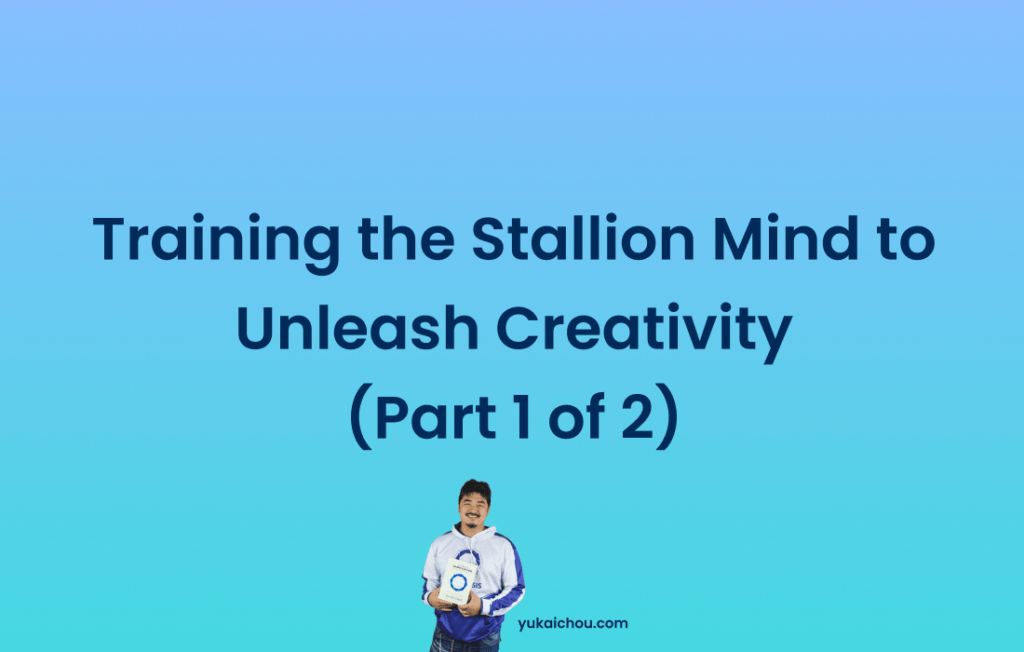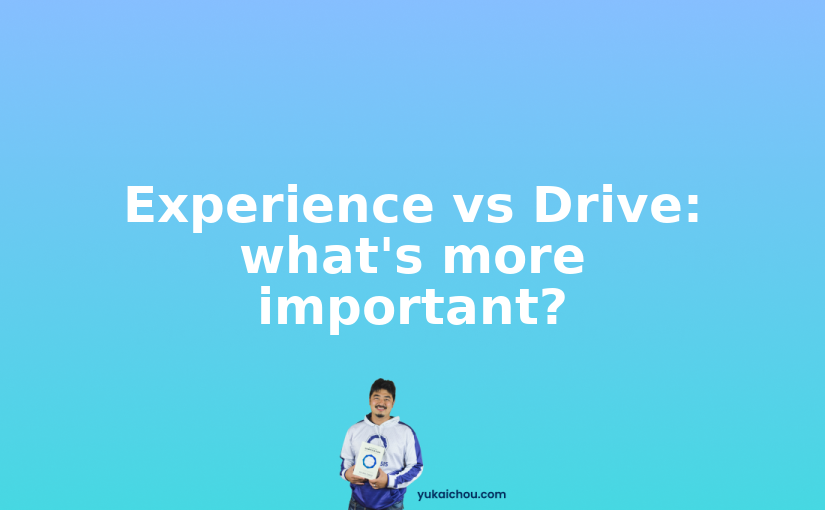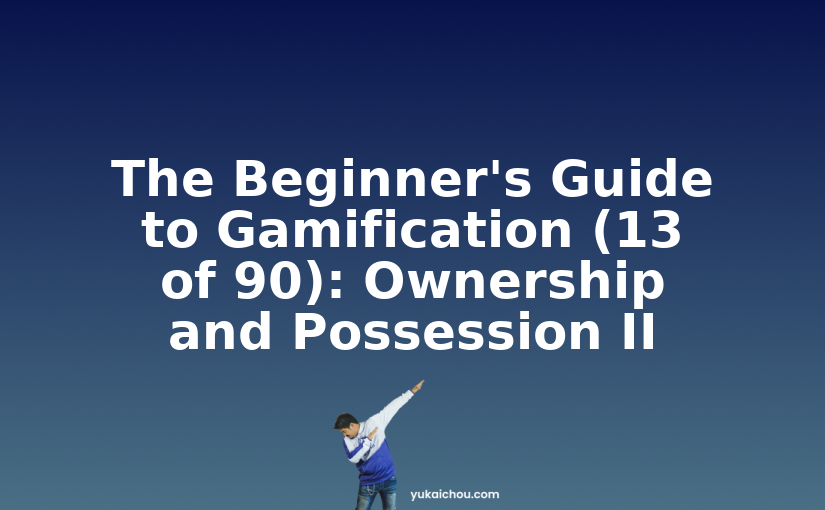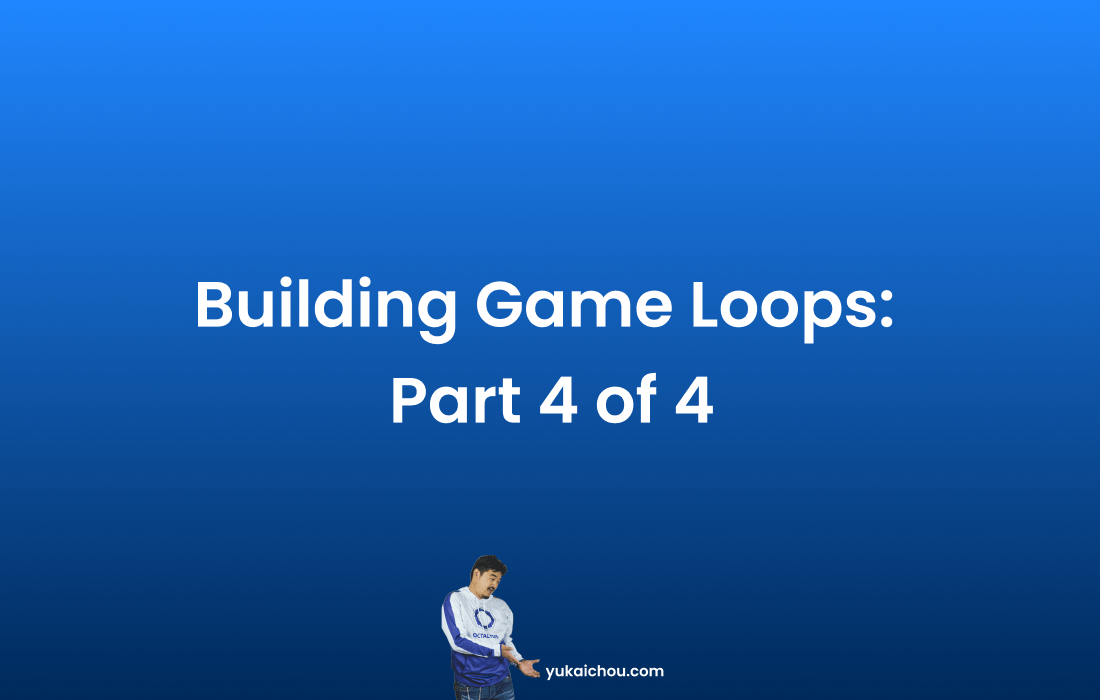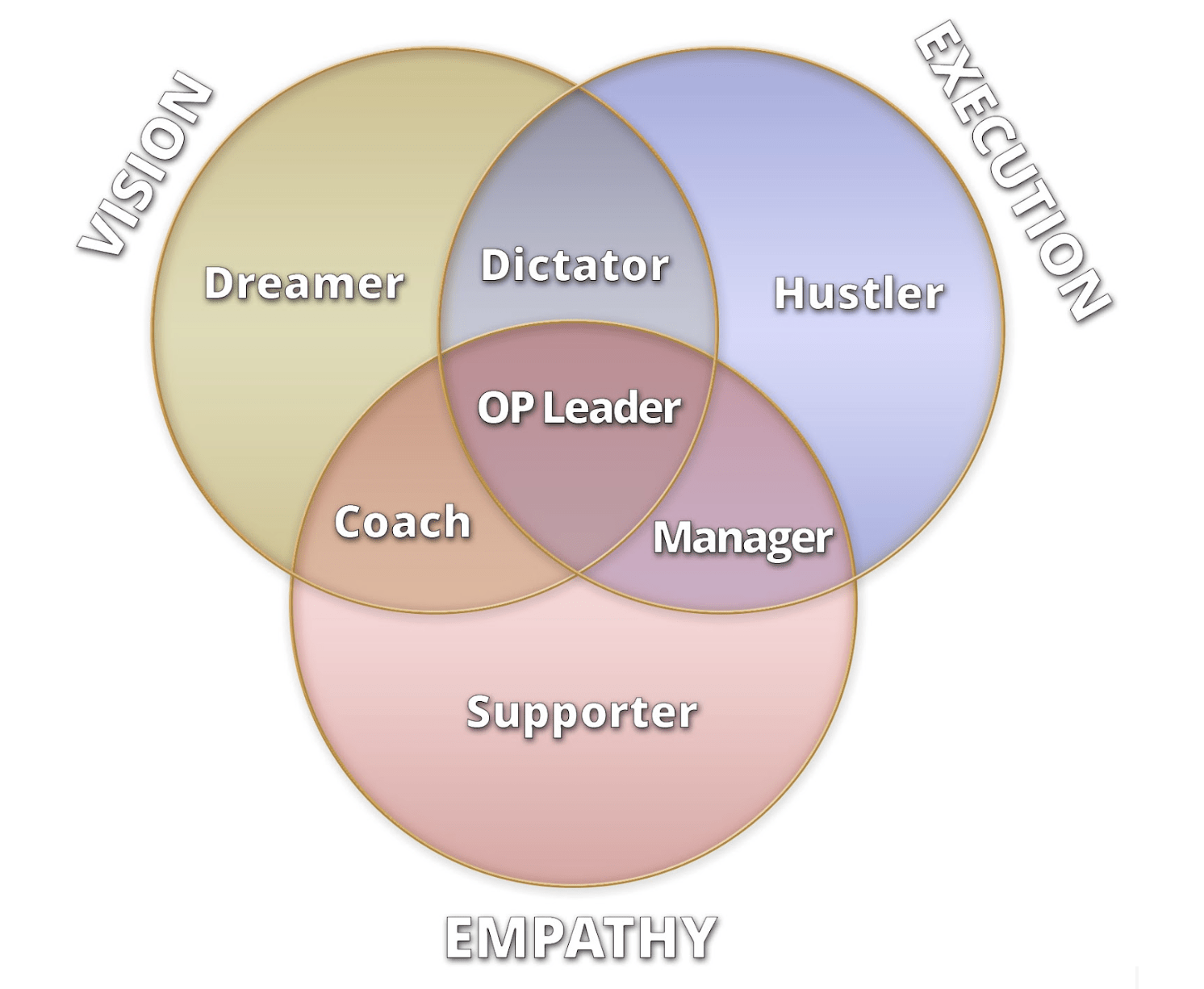Here is a training video from Octalysis Prime about creativity and developing your Stallion Mind for those of you who want to let the wild horse inside you run free to make yourself even more creative.
Here is a partial excerpt from the video:
Today we’re going to explore a topic, I call the stallion mind. How we train that stallion mind is about unleashing creativity. Now, this all came about when I’m working with my team and I’m thinking about how do you become more creative. I’m seeing people come with ideas but I feel like well, they’re kind of just the same thing that we did last time. It’s not very creative. So I was wondering how to help people become more creative. What is the process actually prove that it is something you’re born with your you can actually improve it?
I believe, we’re always born with certain talents certain things right, just like we talked about in 10,000 Hours of Play you got the Talent Triangle, but then we also have the skill triangle. There are things that we can actively work on more so than others. I’m thinking about if creativity can be one of those things. In another sense, this is about unlocking Core Drive 3: Empowerment of Creativity & Feedback within us.
How Creativity Works
There’s another aspect because we know about creativity. I mentioned it is just how we connect pieces in the past, together with things were we already promised before like you know taking things that we absorb and rearranging the order and putting together in a way that no one has done before. No one has seen that order, potentially, but it actually kind of made sense. and so that blends two different skill sets that I call example recalling. An example recalling is the ability to think about example on the spot. And this has been a very, very very useful skill for me to work with my clients
I’ve always been super impressed with how amazing our subconscious brain is again, it can be. In Thinking Fast and Slow, Daniel Kahneman calls you know the fast brain, System 1, and a slow brain, System 2, with the fast brain being more distinctive, but not precise, things like that.
So usually when I’m telling you the sentences like the sentence come out of my mouth in my head I’m not thinking about that sentence I’m not thinking about every word I was about to say, and then say it out. I already knew what I was going to say my fast brain already processes and I just have to execute on what my mind is thinking, sometimes when people ask me a question, I’ll immediately respond: Well, there’s three components to your questions and, or at least to the answers every components right and in my head I wasn’t thinking about with words like, Oh, well there’s, there’s this, and there’s this, and there’s this.
The Power of the Subconscious Brain
The subconscious brain is very very powerful and a lot of our creativity comes from there. And that’s why I kind of like to in this context call it stallion mind because it’s like a wild horse, running in the wild and running really fast and I think it’s the right type of mentality. And as you guys know I like to create fun names and maybe even cool names that have been attached to an abstract concept because I think things that have fun names make it more enjoyable to think about, play around and interact with.
So we got the stallion mind where things happen really quickly, maybe it’s not precise not mathematical but it things really quickly finds things in the past, and it really allows to be very creative, very quickly, as you know some people when they’re creative right, it’s like boom boom boom idea what to do, under five minutes you’re like oh so many ideas, and then some people are like, even maybe they’re very intelligent right but they’re like, what’s the new think outside the box, instead of the new idea what’s the new idea was nearly they’re really good at analyzing existing ideas, but they just are very good at come with a lot of random ideas.
People feel like that’s might be a personality trait. Some people are born creative their personality is creative and some people are just more logical analytical and my personal belief is, based on all the years I’ve been studying how the brain works behavioral science is that, again, we all have that stallion mind inside of us. But our logical brain suppresses it.
The Logical Brain Wants Control
The logical brain wants to be in control we want to understand what’s going on we want to know what we’re talking about. We want to know the logic we’re trained in school, to really focus on logic and execution not mindlessly exploring all these things
Okay, I’m just gonna stick to my conscious brain, the logical thing that the teachers put in front of me, and dealing with logical thinking I’m going to suppress the stallion mind.
This is my theory based on what I understand, at least I haven’t found any proven science that talks that complete system one system to data from there’s a lot of supporting surrounding stuff there’s enough, I haven’t seen any science that directly says this is the answer. But I think, because the implications of it can be really, really useful and helpful impact all right and if people are actually able to, let’s say, train the stallion and make the stallion better and therefore people are better at creativity and example recalling, I do want to share this in case you know this does end up these these for you because I know it’s been useful for me. And everyone’s different so how do we train the style and how do we let go and let it run.


